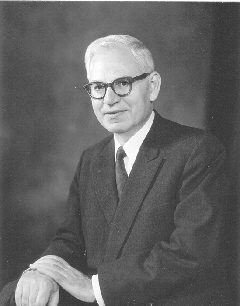A Quote by Mahatma Gandhi
A pacifism which can see the cruelties only of occasional military warfare and is blind to the continuous cruelties of our social system is worthless.
Quote Topics
Related Quotes
Well used are those cruelties (if it is permitted to speak well of evil) that are carried out in a single stroke, done out of necessity to protect oneself, and are not continued but are instead converted into the greatest possible benefits for the subjects. Badly used are those cruelties which. although being few at the outset, grow with the passing time instead of disappearing. Those who follow the first method can remedy their condition with God and with men; the others cannot possibly survive.
It is indeed strange that with all the knowledge we have gained in the past hundred years we preserve and practice the methods of an ancient and barbarous world in our dealing with crime. So long as this is observed and exercised there can be no change except to heap more cruelties and more wretchedness upon those who are the victims of our foolish system.
[On Christianity:] Its lip-service and its empty rites have made it the easiest of all tasks for the usurer to cloak his cruelties, the miser to hide his avarice, the lawyer to condone his lies, the sinner of all social sins to purchase the social immunity from them by outward deference to churches.
We manage to swallow flesh only because we do not think of the cruel and sinful thing that we do. There are many crimes which are the creation of man himself, the wrongfulness of which is put down to their divergence from habit, custom, or tradition. But cruelty is not of these. It is a fundamental sin, and admits of no argument or nice distinctions. If only we do not allow our heart to grow callous, its protest against cruelty is always clearly heard; and yet we go on perpetrating cruelties easily, merrily, all of us - in fact, anyone who does not join in is dubbed a crank.
Education is 'the guardian genius of our democracy.' Nothing really means more to our future, not our military defenses, not our missiles or our bombers, not our production economy, not even our democratic system of government. For all of these are worthless if we lack the brain power to support and sustain them.









































